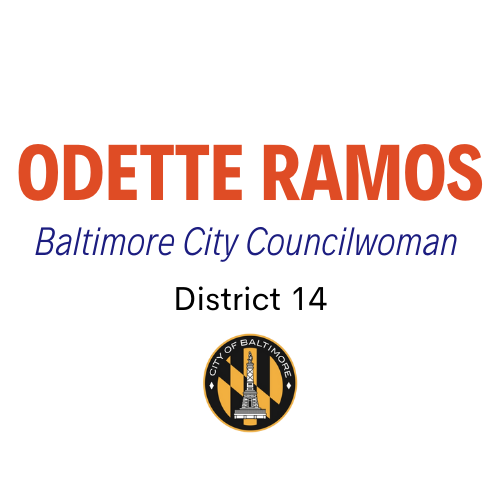Today, we introduce the landmark legislation to reform Inclusionary Housing
Baltimore City’s Inclusionary Housing law of 2007 has been woefully ineffective, producing only 37 affordable units in the 14 years of the law. It had several loopholes and lack of enforcement. During this evening’s City Council meeting, I am introducing legislation that swings the pendulum to the opposite direction. I'm very proud of this work. Thanks to the Council President for giving me this opportunity. Thanks to the Baltimore City Department of Housing and Community Development, Enterprise Community Partners, and the Council President’s office, we have a really great bill.
Inclusionary Housing is the concept of creating mixed income communities by mandating a certain amount of affordable units in new and fully reconstructed buildings. More importantly, Inclusionary Housing works to remove racist housing and zoning policies traditionally in place to exclude Black and Brown communities. Creating inclusionary housing policies ensures that everyone is able to access the same amenities that everyone else can, no matter the income level.
Effective Inclusionary Housing policy is not a substitute for true equitable development and much-needed affordable housing. It is one tool in the multitude of tools needed to ensure that residents have good quality affordable housing in all areas where they want to live. In Baltimore, this Inclusionary Housing law is aimed at ensuring areas that have not traditionally been economically diverse, slowly move in that direction.
The current law requires that developers with 30 or more units provide 20% of their units as affordable to residents of certain incomes below Area Median Income. The challenge has been that developers could pay into an Offset Fund rather than develop the units, or could request a waiver from the Department of Housing and Community Development if the City could not provide a subsidy. The Inclusionary Housing Board would only get the details of the development once it was built, rather than ahead of time. I was not in the City Council when this bill was passed, but have been tracking the progress, or lack of progress, on this program in my previous role as the Executive Director of the Community Development Network of Maryland.
In 2020, the Inclusionary Housing law was slated for expiration. Councilman Dorsey sponsored legislation to extend the sunset and commission a study to review the current law to provide recommendations for improvement. Enterprise Community Partners, a national organization working for mixed income communities across the country, released the first phase of that study in 2021.
Using the results of that study, information from several members of the Inclusionary Housing Board, looking at best practices, and coordinating with Baltimore City DHCD and the Council President’s office, our new Inclusionary Housing legislation is a completely different approach. While affordability requirements were modified, we removed all of the waivers, all of the subsidies, all of the set-asides, and all of the excuses not to comply with the law. This legislation makes providing affordable units a regular part of doing business. It is a clear policy shift, sending the loud message that mixed income communities are extremely important to Baltimore City, that affordable housing is a right, and every piece of the development puzzle has a role in creating affordable units for our residents.
The current law expires in July of 2022. We introduce this law now so that we can make sure we have a really good inclusionary housing policy by the deadline. I look forward to the discussion, and am grateful for this opportunity to lead this transformative legislation.
At the same time, I am introducing a short term rental assistance bill, designed to help those who are struggling with a housing emergency to get assistance. The bill applies to participants in violence reduction programs, people who are participating in job training programs, those experiencing homelessness, and more. This will provide up to 12 months of assistance to help pay rent, tapering off as income stabilizes. The program is designed to ensure that lack of stable housing is not an obstacle to success.
